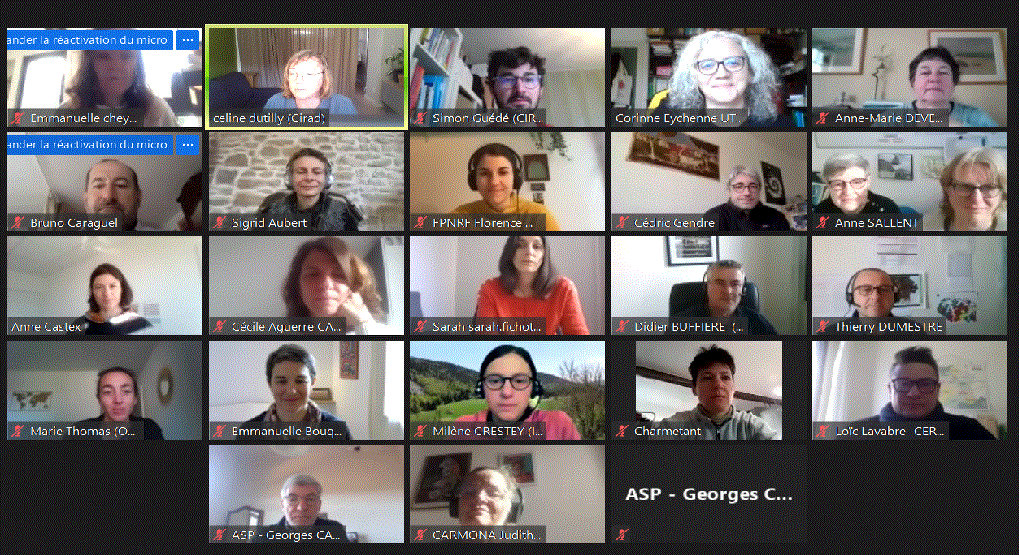On April 16, 2021, our Contracta formal, written agreement for a specified duration signed by (at least) two parties. In Contracts2.0, we acknowledge the existence of informal contracts but use formal contracts to focus the research. More Innovation Lab (CIL) and Policy Innovation Lab (PIL) in the French Pyrenees concluded the first round of workshops to find a shared vision for feasible contracts (“dream contracta formal, written agreement for a specified duration signed by (at least) two parties. In Contracts2.0, we acknowledge the existence of informal contracts but use formal contracts to focus the research. More”) for collective grazing in the Occitane region. Researchers from CIRAD discussed viable contracta formal, written agreement for a specified duration signed by (at least) two parties. In Contracts2.0, we acknowledge the existence of informal contracts but use formal contracts to focus the research. More models with land managers, local farmers, shepherds, pastoral and environmental experts, and policy experts.
The workshop results suggest a strong preference for developing the subsidiarity principle in collective contractSee collective contractual models. More definition and implementation and for promoting local knowledge by creating working groups that bring together various from pastoral territories.
The participants agree that identifying relevant environmental public goodsPublic goods are non-rival (they cannot be exhausted) and non-excludable (there are no boundaries). An environmental example in the Contracts2.0 context is an open and beautiful landscape which can be enjoyed by one person without... More should not result from a top-down approach but instead from a shared understanding of local ecological and pastoral challenges. These are to be defined and prioritized locally for each summer pasture by the working group following a shared ecological and pastoral diagnosis. Management plans will then be co-edited to specify appropriate sustainable pastoral practices and suitable indicators to base contractual engagements. The working group monitors the evolution of each situation and adapts collective grazing rules accordingly. Annual follow-up meetings will be held to report each pasture’s condition and potential management adaptations.


